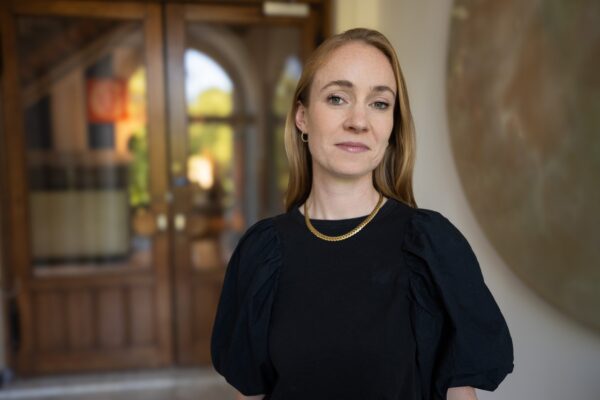General information about getting a divorce in the Netherlands
To apply for divorce in the Netherlands, you will need a lawyer in all cases. A lawyer can submit a petition for divorce to the court on your behalf. It is always the court that pronounces the divorce.
The legal basis to get a divorce in the Netherlands is an ‘’irretrievable disruption of the marriage”. In short, this means that in the Netherlands there are no conditions to apply for divorce. For example, there is no waiting period before you can get a divorce. Even if you apply for divorce but your partner does not want to divorce, the court will always pronounce the divorce.
Can I get a divorce in the Netherlands?
To be able to divorce in the Netherlands, it has to be established whether the Dutch court has jurisdiction with regard to the divorce. In short, a link with the Netherlands is needed for the Dutch court in order to have jurisdiction. This link with the Netherlands could be that you and/or your partner have the Dutch nationality or that you and/or your partner live in the Netherlands. Having lived in the Netherlands in the past, or merely being married in the Netherlands with no other link to the Netherlands, is insufficient for the Dutch court to have jurisdiction with regard to the divorce. However, if both spouses have the Dutch nationality but live abroad, you can get divorced in the Netherlands.
To be able to determine whether you can get a divorce in the Netherlands, it is advisable to contact a lawyer.
The routes to divorce
Once it has been established that you are able to get divorced in the Netherlands, there are, in short, three “routes” to apply for divorce.
1) The joint divorce
The first route is a joint divorce. This means that both partners have a joint lawyer/mediator. This lawyer/mediator helps you both to come to an agreement. The agreements regarding the children are recorded in a parenting plan. The agreements on the financial settlement of the divorce are laid down in a divorce agreement. These documents are sent to the court. In this route, the entire procedure is in writing and no court hearing takes place. From the moment the signed documents are sent to the court, the court will pronounce the divorce relatively quick.
2) Both partners have their own lawyer: making agreements
If the first route is unsuccessful or if the partners do not wish to go down this route, route two is for you and your partner to engage your own lawyer. In this route too, the aim is for the lawyers to make arrangements in mutual consultation and to lay these down in a parenting plan and a divorce agreement. To this end, proposals can be made in writing and/or a so called viergesprek can be scheduled. A viergesprek is a meeting between both lawyers and both parties to make agreements.
This entire procedure is in writing, there is no court hearing. If agreements can be made and sent to the court, the court will pronounce the divorce relatively quick.
3) Both partners have their own lawyer: going to court
If it proves impossible to reach agreements by mutual consent or if agreements cannot be reached on all the subjects of the divorce, the third route is to ask the court to make a decision. You and your partner both have your own lawyer. Both parties then have the opportunity to put forward requests and points of view to the court through their lawyer. After the hearing, the court will make a decision.
Do you have a question? Please feel free to contact me.

